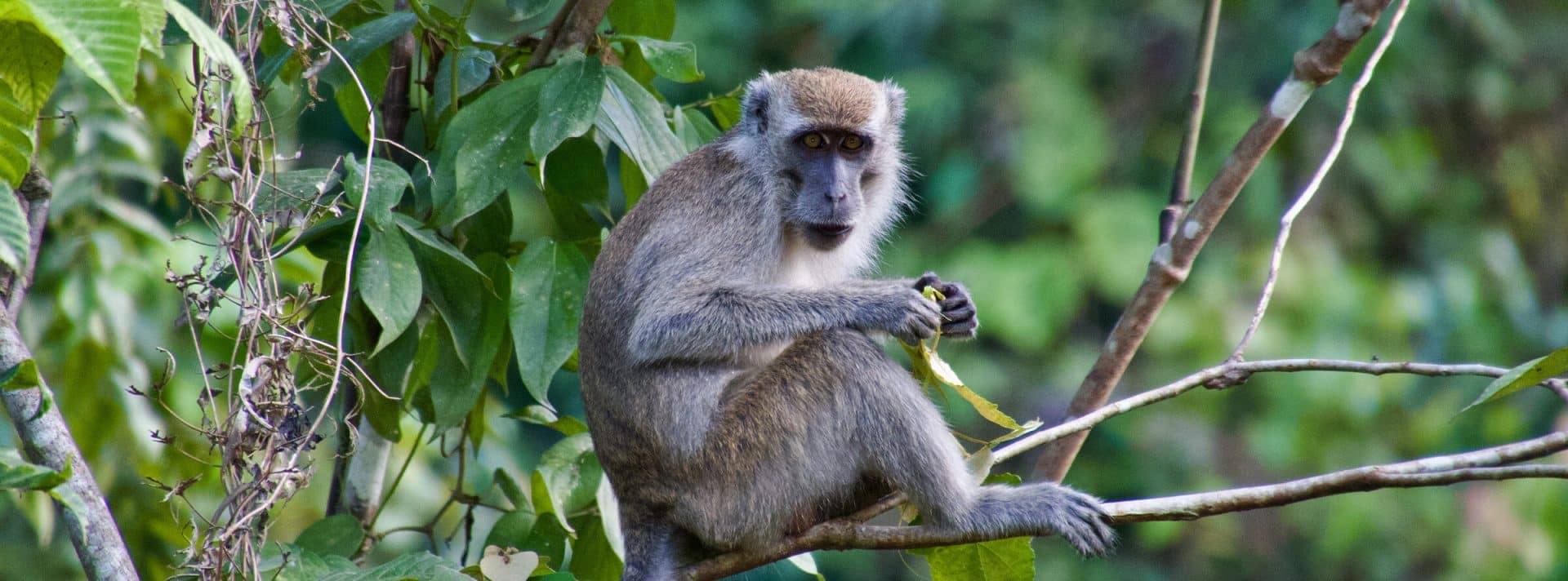In eastern Cambodia, the Wildlife Conservation Society office is quiet on a Friday morning in early April. Normally a hive of activity, the office has wound down in preparation for Khmer New Year.
Olly Griffin, WCS Cambodia’s forest carbon lead at the time, has stuck around in Sen Monorom to talk to me about the REDD+ project connected to the nearby Keo Seima Wildlife Sanctuary, which WCS facilitates and where I spent a week visiting nearby communities supported by the project.
REDD+ is short for reducing emissions from deforestation and forest degradation. REDD+ project developers can then sell those “additional” carbon savings to individuals and companies interested in mitigating their own impacts on the climate. The proceeds from these carbon credit sales — at least some of them — are then supposed to fund forest conservation tied to community development.




